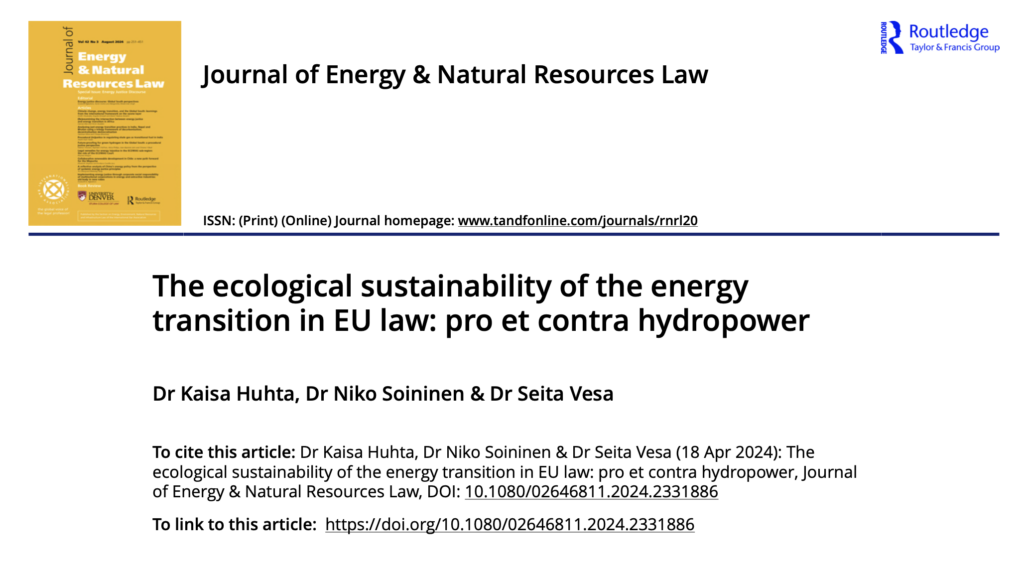
This article explores the trade-offs in the decarbonisation of the energy sector by
analysing the legal arguments in favour of and against hydropower in EU law. It
contends that the EU regimes in climate, energy and environmental law each value
the advantages and disadvantages of energy production in different ways. In
contrasting the approaches in these three areas of EU law, the article analyses how
EU law governs the decarbonisation process in the context of hydropower. The
analysis reveals a promising opportunity to reconcile the friction among climate,
energy and environmental law while improving the ecological sustainability of
hydropower production.
The most important observations for CrossGov to be highlighted:
- EU legal system is not entirely coherent in its objectives to mitigate climate change and promote renewable energy (hydropower, offshore wind etc.).
- While EU climate law only looks at climate and renewables targets, it does not set any sustainability criteria for aquatic or marine energy production.
- EU energy law promotes all sources of energy that can promote climate change mitigation, energy security, and stability of the energy market. Both climate and energy law are technology neutral in their goals.
- At the same time, EU environmental law only seeks to protect biodiversity and ecological status, without a view to economic and social objectives, apart from exemptions.
- The lack of coherence between EU climate, energy and environmental law means that EU law both promotes and hinders decarbonization creating legal uncertainty which makes it difficult for public and private actors to navigate the legal permissibility of renewable energy (particularly hydropower and offshore wind).
Read the full article here.



